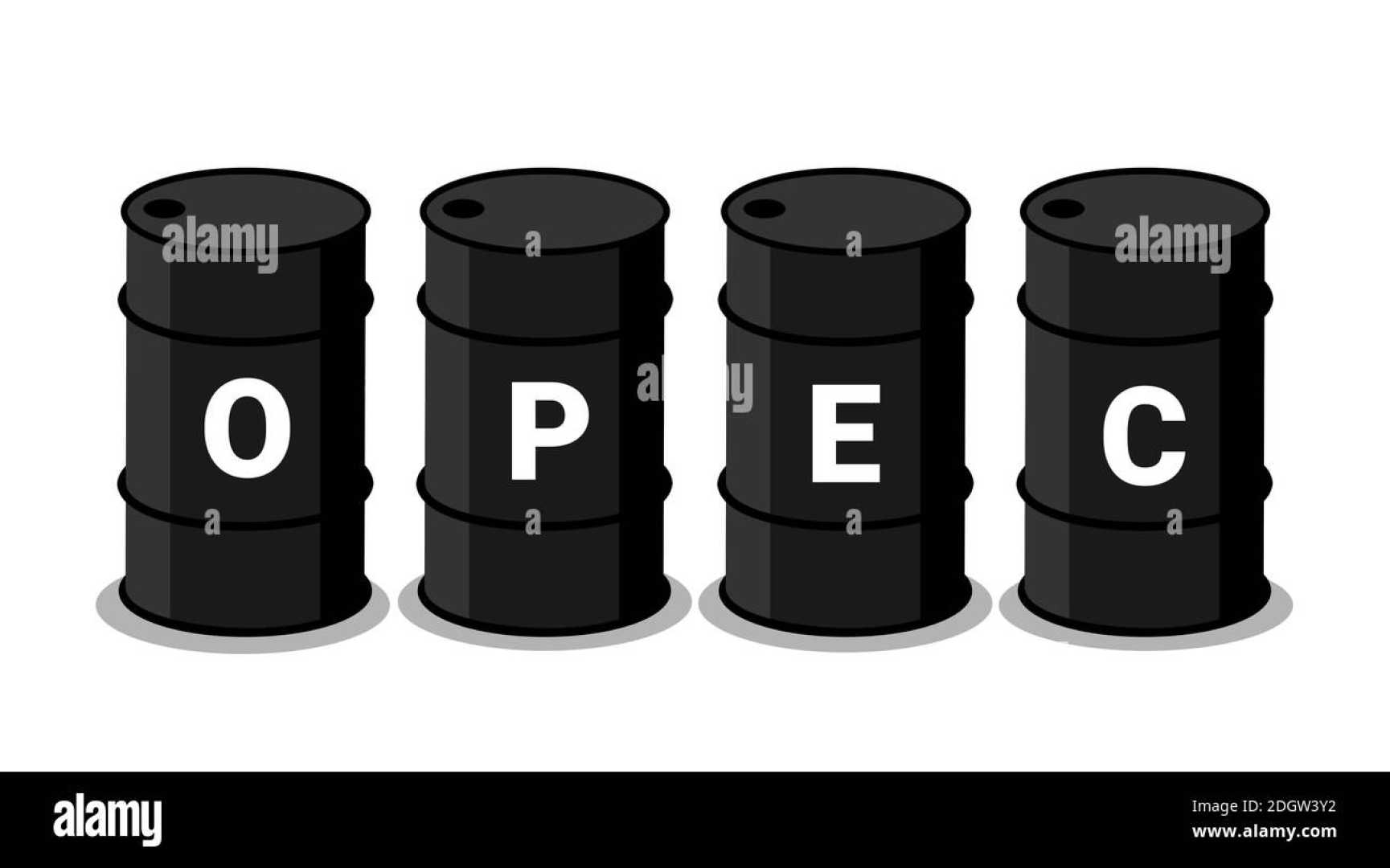Business
Oil Prices Plunge After OPEC+ Increases Production for June

New York, NY — U.S. crude oil prices fell sharply on Sunday after OPEC+ agreed to ramp up production for a second consecutive month, further intensifying supply pressures. West Texas Intermediate crude dropped by $2.49, or 4.27%, to $55.80 a barrel shortly after trading opened, while the international benchmark, Brent crude, declined by $2.39, or 3.9%, to $58.90 per barrel.
This latest production decision, announced on Saturday, indicates that OPEC+ will release an additional 411,000 barrels per day (bpd) into the market next month. This follows a similar increase in May, pushing the total near-term supply surge to more than 800,000 bpd. These moves come amid concerns over a weakening demand outlook due to U.S. tariffs and broader global economic uncertainty.
Sources familiar with the matter told Reuters that OPEC+, which includes major producers such as Saudi Arabia and non-OPEC allies like Russia, may add up to 2.2 million bpd back into global supply by November if certain member states, including Iraq and Kazakhstan, do not adhere to existing quotas.
This June hike is nearly triple the 140,000 bpd that Goldman Sachs had initially forecast. Oilfield service companies are expressing concerns over reduced capital spending due to the falling prices. Lorenzo Simonelli, CEO of Baker Hughes, noted on an April earnings call, “The prospects of an oversupplied oil market, rising tariffs, uncertainty in Mexico, and activity weakness in Saudi Arabia are collectively constraining international upstream spending levels.”
Additionally, energy giants like Chevron and ExxonMobil have reported lower first-quarter earnings compared to 2024, attributing the decline to falling oil prices. Goldman Sachs has predicted that U.S. crude will average $59 per barrel this year, while Brent will hover around $63.
The unexpected production increase highlights a strategic shift for Saudi Arabia, which has previously aimed for market stability through supply cuts. Analysts suggest that this move reflects Riyadh’s frustration with weak compliance among some fellow producers and a desire to reclaim lost market share. According to one source, “The group will likely approve accelerated hikes if Iraq, Kazakhstan, and other laggards do not improve compliance.”
President Donald Trump has been pushing OPEC+ nations to increase output to alleviate domestic inflation pressures tied to his ongoing trade tariffs. He is expected to meet with Saudi officials to discuss energy policies in light of these developments.












